Acting dynasty comes to Derby Theatre
Mr Kemble’s first night
With the Napoleonic wars raging and Nelson to be fatally wounded fighting the Battle of Trafalgar, 1805 was a historically important year.
Beethoven’s music was attracting attention and at the turn of the century, when it came to the staging of Shakespeare, one family dominated above all others.
-
![]()
Much ado near me
Hear more Shakespeare stories on BBC Radio Derby
-
![]()
Shakespeare Festival 2016
The BBC celebrates the genius of the bard
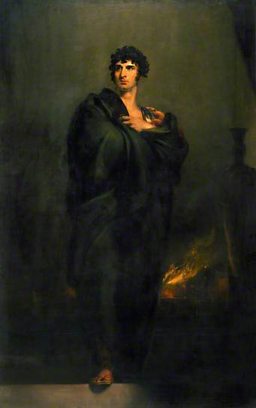
That family was the Kembles and as this playbill from Derby Theatre dated Feb 1805 shows, playing the leading role was another of this famous acting dynasty, Stephen Kemble.
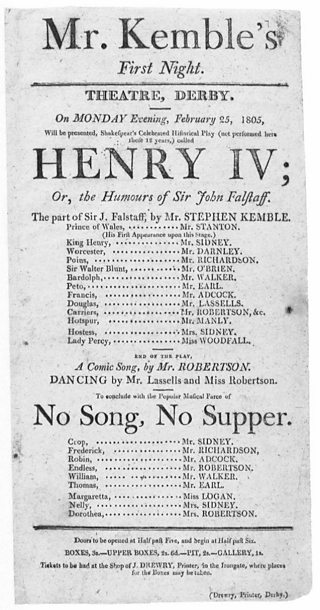
Stephen Kemble was the younger brother to his more famous siblings of the London stage, namely Sarah Siddons and John Philip Kemble.
Sarah Siddons and her younger brother John Philip Kemble were to make their name in tragic roles but Stephen (1758–1822), was best known playing the particular comic role of Sir John Falstaff. Indeed, a year later he played Falstaff at Covent Garden.
Portly in stature, the younger Kemble would have raised a belly-laugh when he delivered Falstaff’s bawdy dialogue. Reportedly, he needed no padding for the role!
This is just one of the many thousands of theatre playbills to be stored and preserved in the British Library, where more than thirty thousand are digitised. It marks the first performance of Shakespeare’s Henry IV in 12 years.
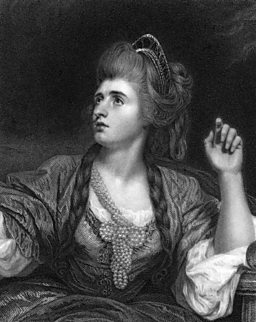
A boom time for local theatres
By Hannah Manktelow, University of Nottingham doctoral researcher, working with the British Library
The dawn of a new century coincided with a period when strict regulations on theatres and performances across England were continuing to lift.

Some 70 years before Stephen Kemble went on stage to play Falstaff at the Derby Theatre, the government of the day had imposed strict regulations on productions.
This was enshrined into the 1737 Licensing Act – brought in by the then Prime Minister Robert Walpole in response to some unwelcome criticism of his government via numerous satires on the London stage.
These new restrictions meant that no new play could be performed without being first cleared by the Lord Chamberlain, and that only theatres with a special patent would be allowed to stage performances.
In practice this meant only two London Theatres – Covent Garden and Drury Lane – could officially stage plays. However, most towns at this time did not have their own theatres and their hunger for drama was satisfied by travelling groups. Under the Licensing Act these groups were, strictly speaking, operating illegally.
But local magistrates were often willing to turn a blind eye and allow them to continue to perform. Some did so because they enjoyed watching the plays too, or they may also have enjoyed the business it brought to the area.
As time went on and England’s towns grew, so did the appetite for their own theatre. From 1768, a select few began to be granted their own special patents to establish a Theatre Royal in their town or city.
For some reason – size of the population perhaps - Derby did not make the list of places securing a Theatre Royal patent, although 13 such venues were established between 1768 and 1826 – including Margate and Chester.
But smaller towns which lacked the population to support a larger theatre were provided with more legal headroom in 1788 when local magistrates were given the powers to license 'theatrical representation occasionally' for up to 60 days at a time, with certain caveats (relating to being outside of London; eight miles away from a patented ‘Theatre Royal’; and ten miles from a royal residence!
Stephen Kemble – actor and passionate sponsor of Shakespeare in Northern Theatres
Although Stephen Kemble plays the fat, lazy Falstaff with gusto - indolence did not mark his own professional career in the theatre.
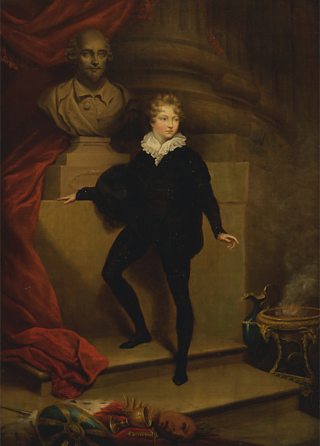
He managed a long list of the theatres across northern England including Newcastle, Chester, Lancaster, Sheffield, Northumberland and the Durham area.
He also supported the careers of many leading actors of the time such as Master Betty, and members of the famous Siddon’s family, as well as his wife and prominent actress Elizabeth Satchell.
Indeed it seems he turned down greater fame in London, having made a name for himself as Falstaff, for he said he could not take up a more permanent base in the capital as he had other commitments ‘in the country’.
Without his effort and energy, audiences in the English regions would not have enjoyed performances of Shakespeare, enacted by the very best theatrical talent.
Quote from Henry IV
There was plenty of comic material for the portly Stephen Kemble to get stuck into while playing the part of Falstaff at the Derby Theatre in 1805:
Here Mistress Quickly is complaining about the Knight’s enormous appetite.
Hostess Quickly:
He hath eaten me out of house and home, he hath
put all my substance into that fat belly of his: but I will have some
of it out again, or I will ride thee a-nights like the mare.
Falstaff:
I think I am as like to ride the mare if I have any vantage of
ground to get up.
Henry The Fourth, Part 2 Act 2, scene 1, 74–79
About Shakespeare on Tour
From the moment they were written through to the present day, Shakespeare’s plays have continued to enthral and inspire audiences. They’ve been performed in venues big and small – including inns, private houses and emerging provincial theatres.
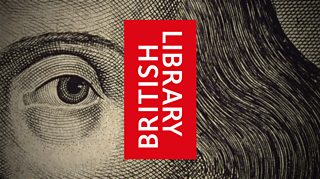
BBC English Regions is building a digital picture which tracks some of the many iconic moments across the country as we follow the ‘explosion’ in the performance of The Bard’s plays, from his own lifetime to recent times.
Drawing on fascinating new research from Records of Early English Drama (REED), plus the British Library's extensive collection of playbills, as well as expertise from De Montfort University and the Arts and Humanities Research Council, Shakespeare on Tour is a unique timeline of iconic moments of those performances, starting with his own troupe of actors, to highlights from more recent times. Listen out for stories on Shakespeare’s legacy on your BBC Local Radio station from Monday 21 March, 2016.
You never know - you might find evidence of Shakespeare’s footsteps close to home…
Craig Henderson, BBC English Regions
-
![]()
Shakespeare Lives
The nation’s greatest performing arts institutions mark 400 years since the Bard's death
Related Links

Shakespeare on Tour: Around Derby
-
![]()
Derbyshire’s Hardwick Hall
An important landmark in the story of Shakespeare performance
-
![]()
Shakespearean starlet descends on Derby
The formidable professional partnership of Eleanora Tree and Charles Kean
Shakespeare on Tour: Around the country
-
![]()
The 'Young Roscius' storms Manchester
Boy actor William Betty treads boards at ten
-
![]()
Will Kemp dances to Norwich
The journey of Shakespeare's former clown
-
![]()
Domestic Calamity postpones performance
Did the 'curse of Macbeth' strike?
-
![]()
Jonathan Miller and the Cambridge Footlights
Much ado about Jonathan Miller's Shakespeare









